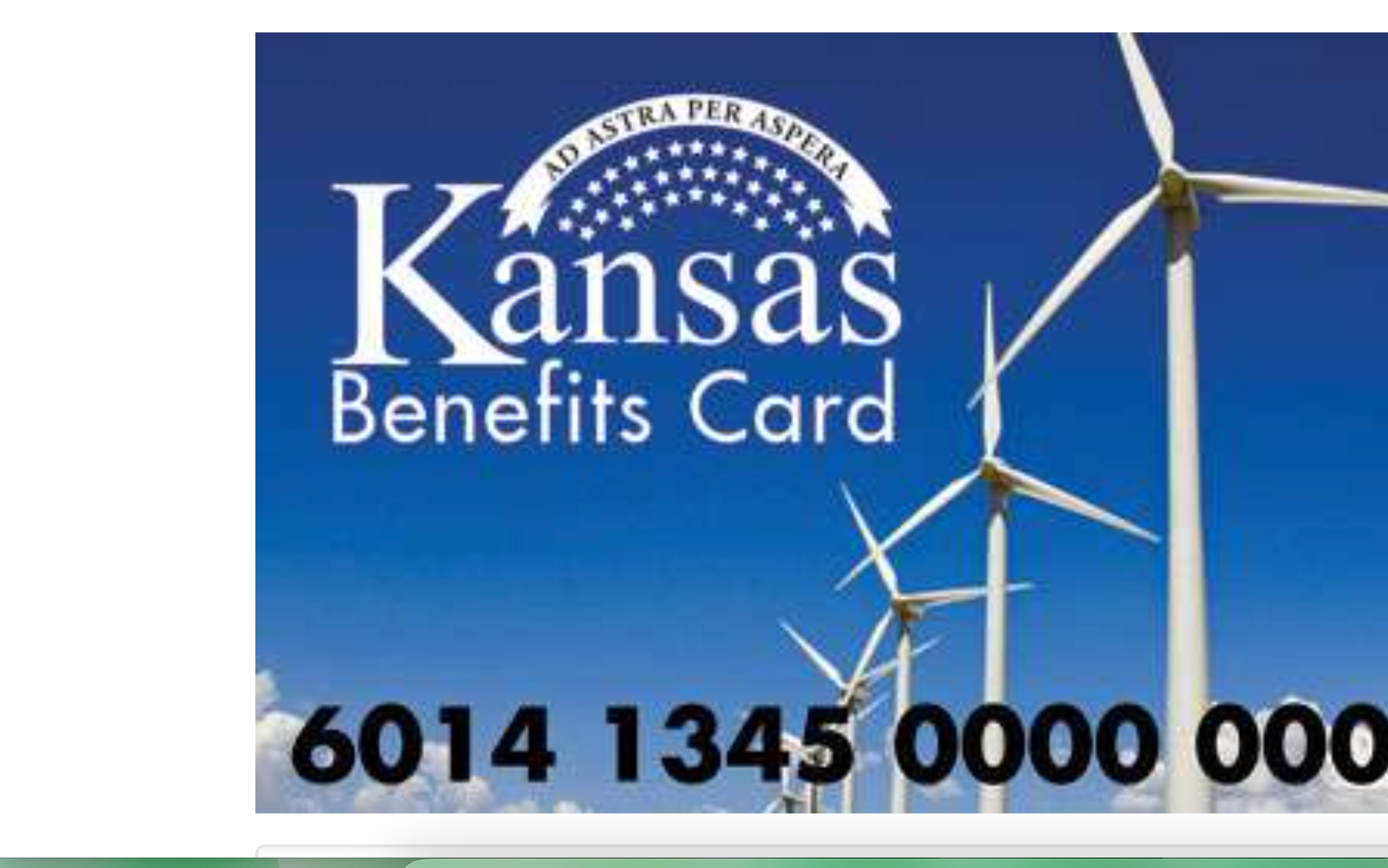
BY MORGAN CHILSON
Kansas Reflector
TOPEKA — The federal government shutdown threatened food program benefits for 180,000 Kansans, and near daily guidance from courts left state leaders unsure about November payments.
On Nov. 7, the state of Kansas paid out November benefits in full to all Supplemental Nutrition Assistance Program recipients, after days of back-and-forth filings in lawsuits that first indicated 50% of November benefits should be paid and then a miscalculation increases that amount to 66% of benefits.
Based on a court order and guidance from the U.S. Department of Agriculture, Kansas made the full November SNAP payments “with the expectation the USDA would fully fund SNAP with federal funding,” said Erin La Row, spokeswoman for the Kansas Department for Children and Families in an email.
But on Nov. 8, the USDA issued guidance that states were to pay partial benefits and said, “To the extent states sent full SNAP payment files for November 2025, this was unauthorized. Accordingly, states must immediately undo any steps taken to issue full SNAP benefits for November 2025. Please advise the appropriate FNS regional office representative of steps taken to correct any actions taken that do not comply with this memorandum.”
Kansas was one of at least four states that paid out benefits Nov. 7, including New York, Wisconsin and Oregon.
The memo said that if states didn’t comply, the USDA could possibly take action, including cancelling the federal share of state administrative costs and holding states liable for any overissuances from the noncompliance.
However, La Row said Tuesday that Kansas doesnt expect any problems after paying out benefits on Nov. 7, the day before the USDA ordered states to “undo” paying the benefits.
She referred to a USDA memo on Nov. 13 that ordered states to transmit full November payments after the government shutdown ended.
“FNS (Food and Nutrition Services) shall not pursue any additional penalties against State agencies, pursuant to 7 CFR 271.7(h), due to extraordinary circumstances,” the memo said.
Even before SNAP payments were delayed, Kansas food pantries were stretched to meet the needs of families as costs rose and the governtment shutdown took its toll. Communities across the state stepped up to provide resources, including four Kansas health philanthropies.
The United Methodist Health Ministry Fund, Kansas Health Foundation, Sunflower Foundation and REACH Healthcare Foundation contributed more than $381,000 to support food banks and community pantries, the groups said in a news release. The money will be distributed before year’s end.
“Kansans are struggling to put food on their tables right now, and it’s important we help where we can in the short term,” said David Jordan, Health Fund president and CEO.
SNAP funding is still under the gun with changes to the program included in the One Big, Beautiful Bill Act. In a September memo, the USDA outlined upcoming SNAP changes, including tying state administrative cost reimbursement to the state’s error rate and changing work requirements for some adults.








